The Welfare Traps, Tax Traps, and Debt Traps
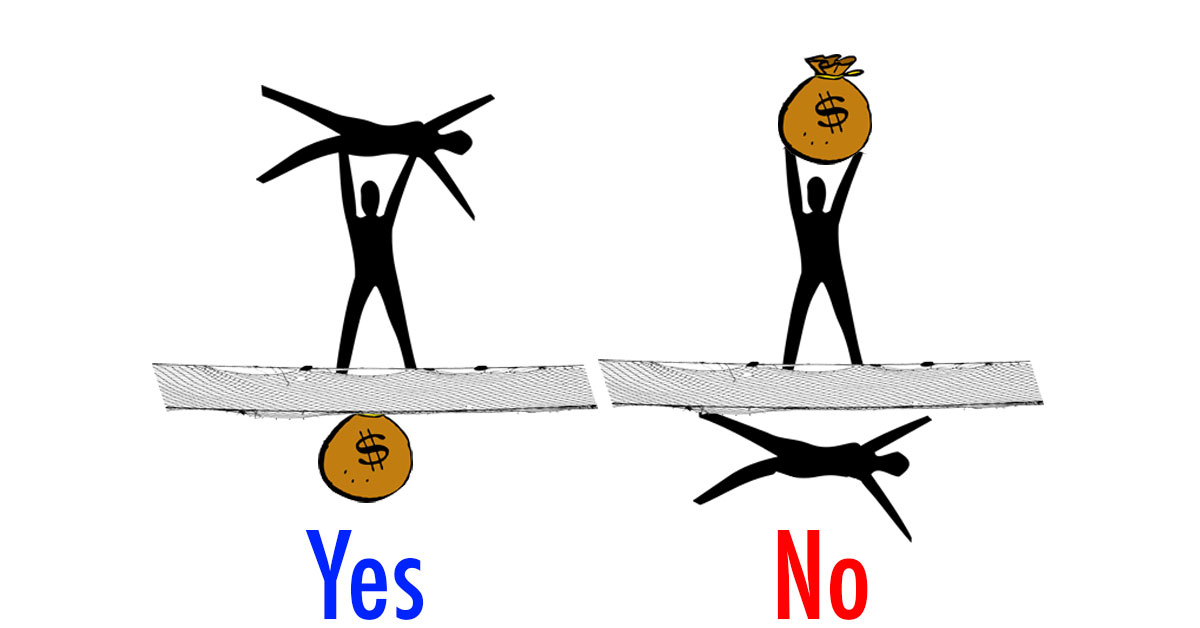
There are a number of traps created from both taxation and assistance that inhibit class mobility. We might generally call these welfare traps, tax traps, and debt traps.
A theory is a model for understanding how things work.
Typically theories are easier to disprove than prove, if a theory works it’s used until a better one comes along.
Well worn theories are rarely “completely wrong”, rather they are typically missing a few nuances (good examples being: Alchemy -> Mendeleev’s periodic table -> Current period table; or Newtonian gravity as a force -> Einstein’s gravity as a byproduct of spacetime curvature; or Thompson’s model of an atom -> Rutherford’s -> Bohr’s -> Schrödinger’s). None of the aforementioned theories were completely off base. We didn’t go back and prove the old one wrong, we just replaced it with the new one. A theory can ultimately be true without our ability to prove it true, or false even if it seems to work over and over (for proof see Gödel’s incompleteness theory).
Below is a collection facts and myths related to theories of all types.

There are a number of traps created from both taxation and assistance that inhibit class mobility. We might generally call these welfare traps, tax traps, and debt traps.

We present a simple self-help strategy to increase one’s feeling of fulfillment in their daily lives.
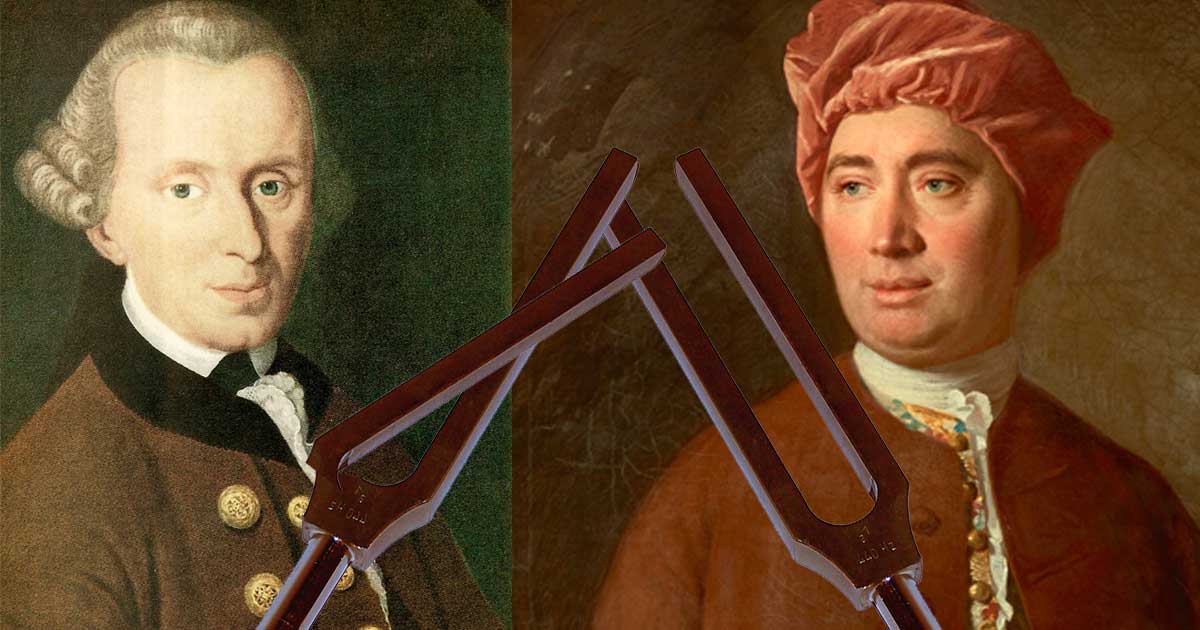
We present a basic theory of human knowledge to help illustrate some essentials of “what we can know” and “how we can know it.”
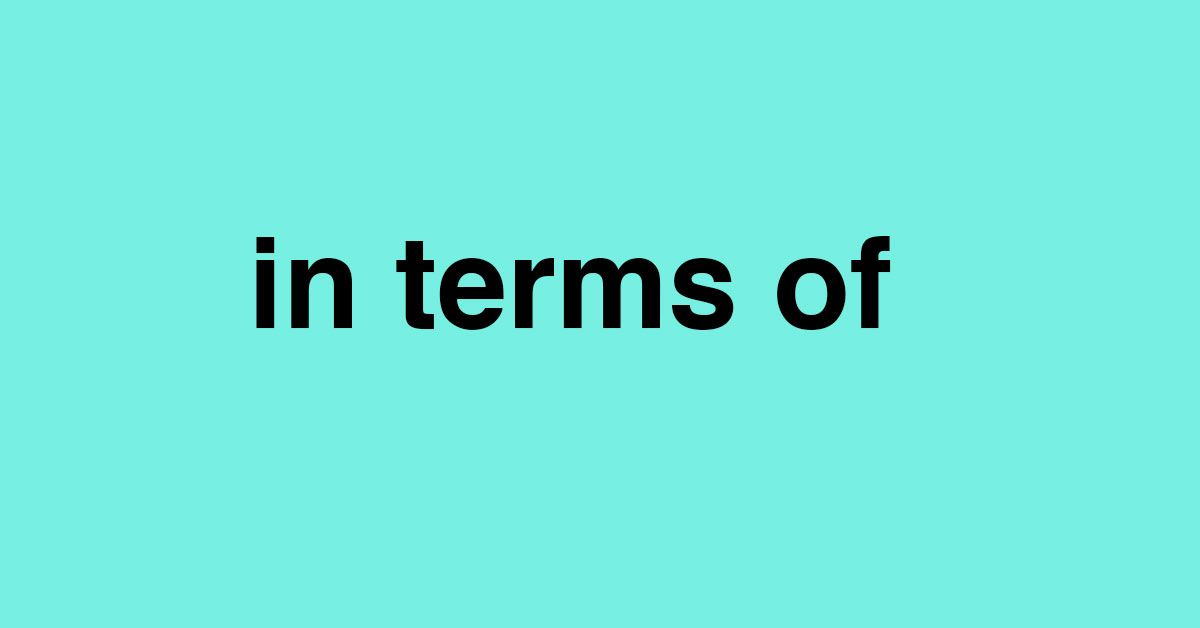
To avoid confusion and clarify semantics, one should speak “in terms of” a subject and “in relation to” another subject, and then explain their position from there.
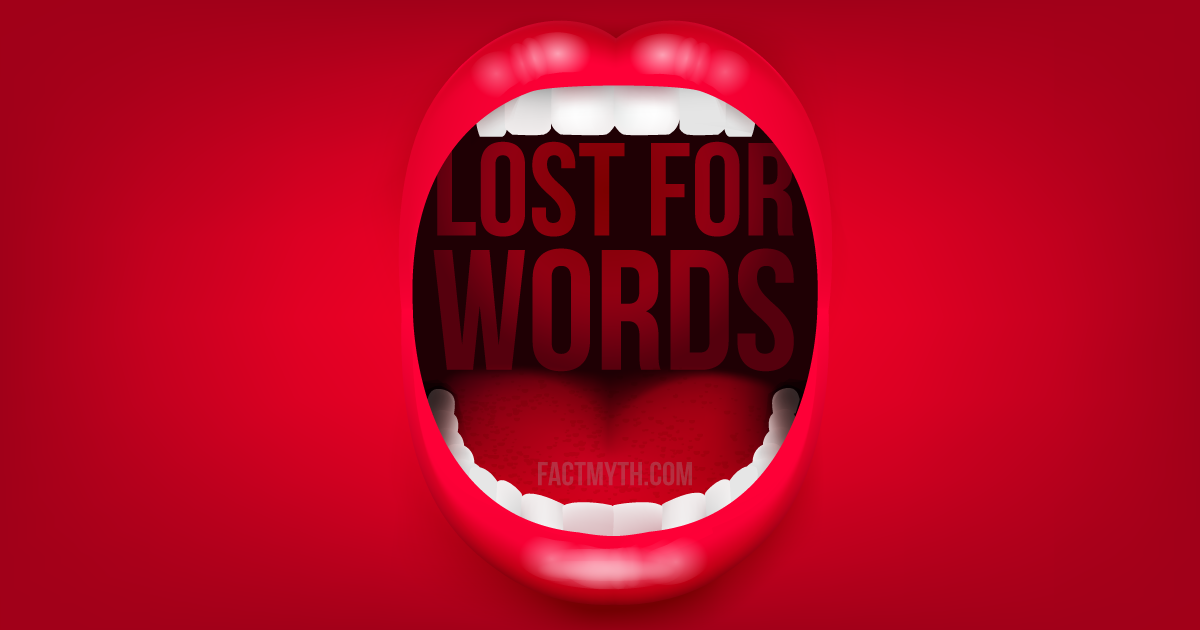
We discuss “giving names to concepts” (defining terms), identifying with terms, be identified by terms, and the implications of this.
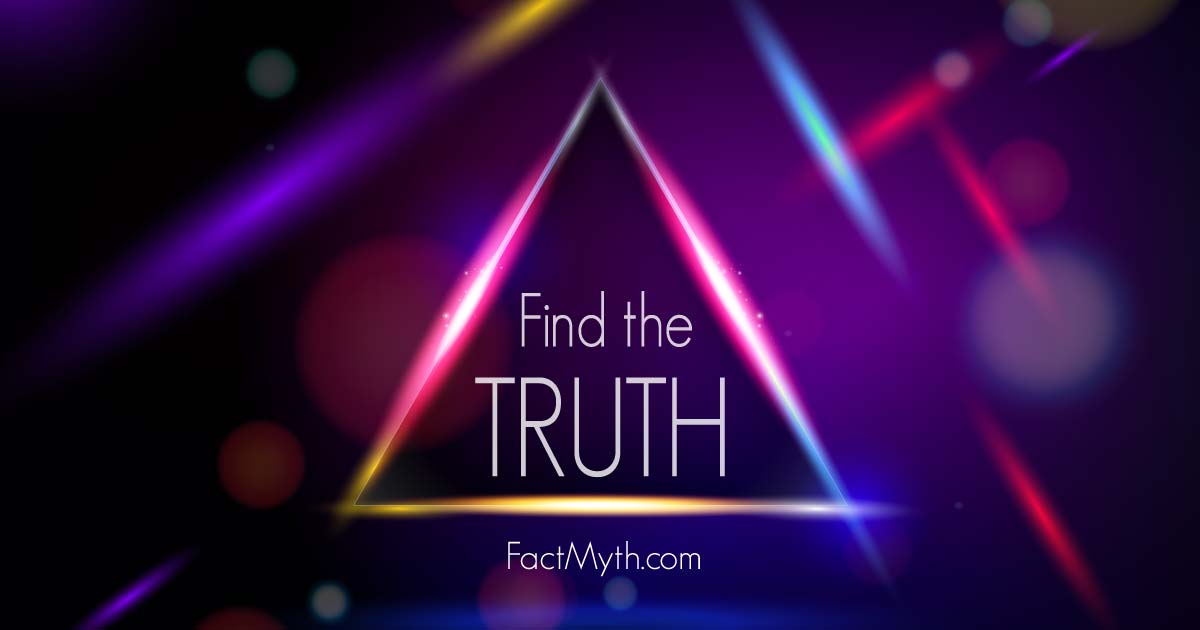
Principles are, in a broad sense, simply rule-sets which we follow. Below we will discuss the importance of different types of principles.
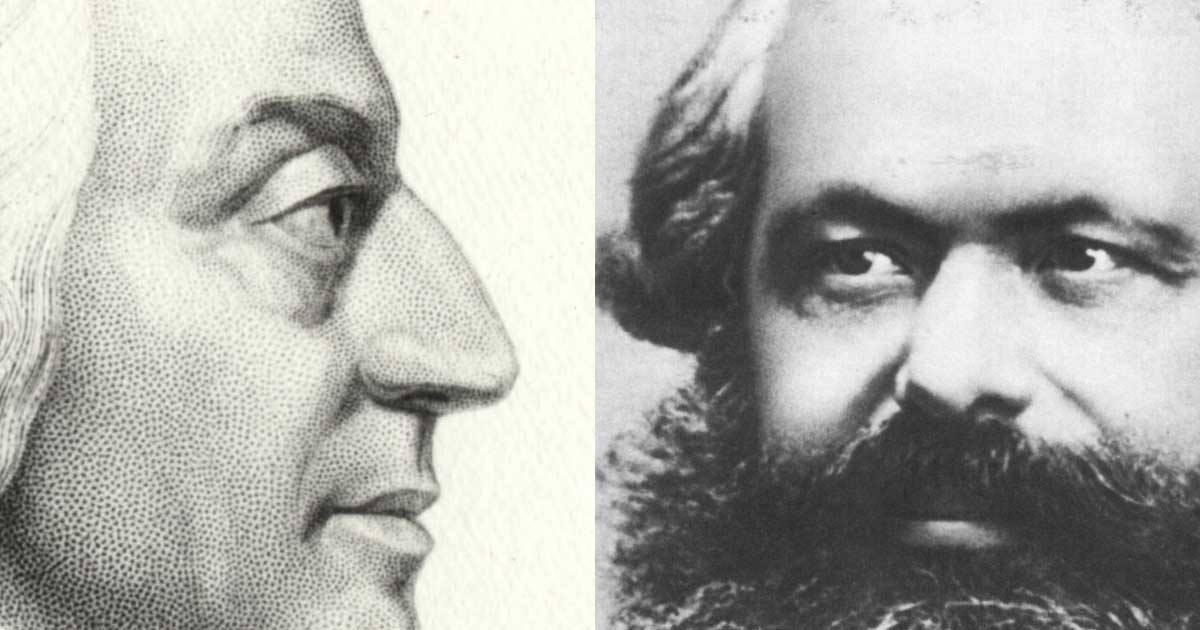
The concept of political correctness can be understood as an excess or deficiency of a few key virtues. Here is a model of “the virtues of political correctness” based on Aristotle’s virtue theory of means.
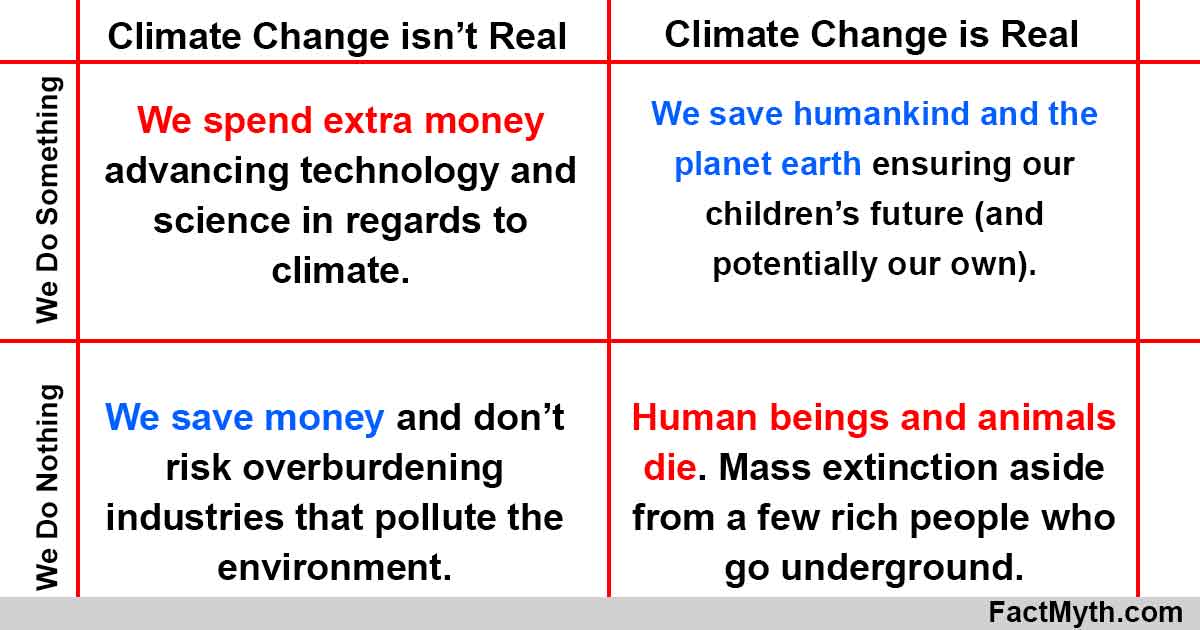
To understand the climate change debate, it is important to clarify some confusion regarding climate change denial and skepticism.
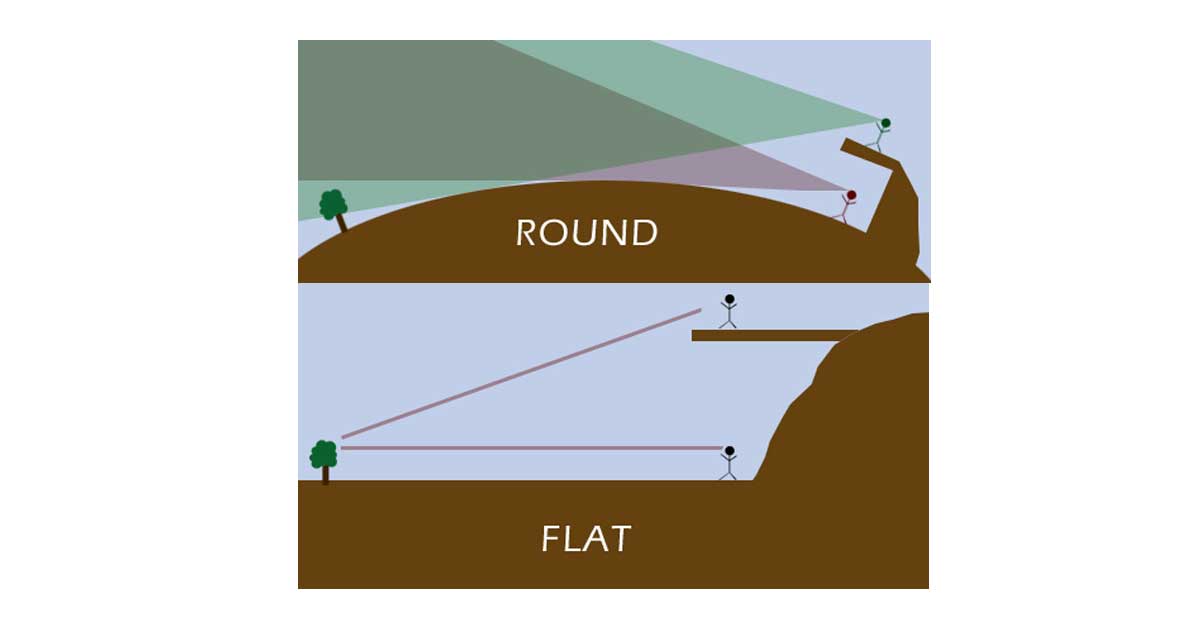
Reason is the application of “pure logic”, empirical evidence, experiment, and skepticism to find truths, facts, and theories (AKA “critical thinking”).
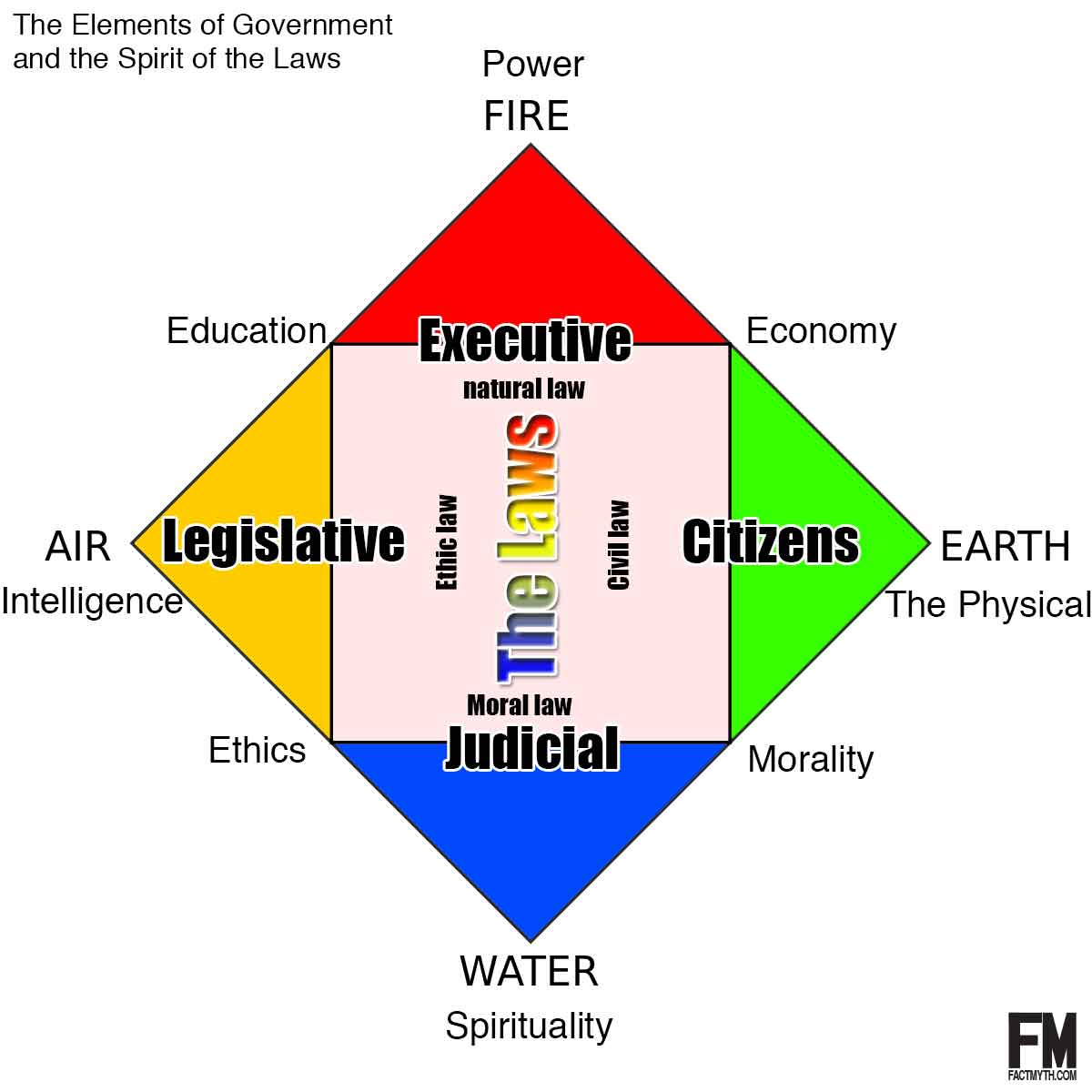
The four “elements” (or “powers”) that form the foundation of government can roughly be expressed as: citizens, executive, legislative, and judicial.